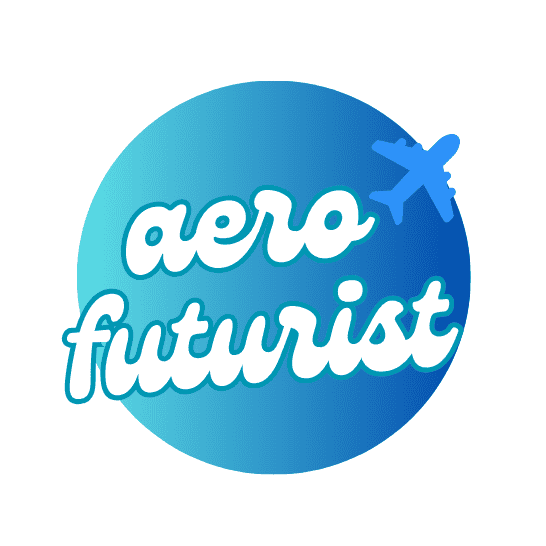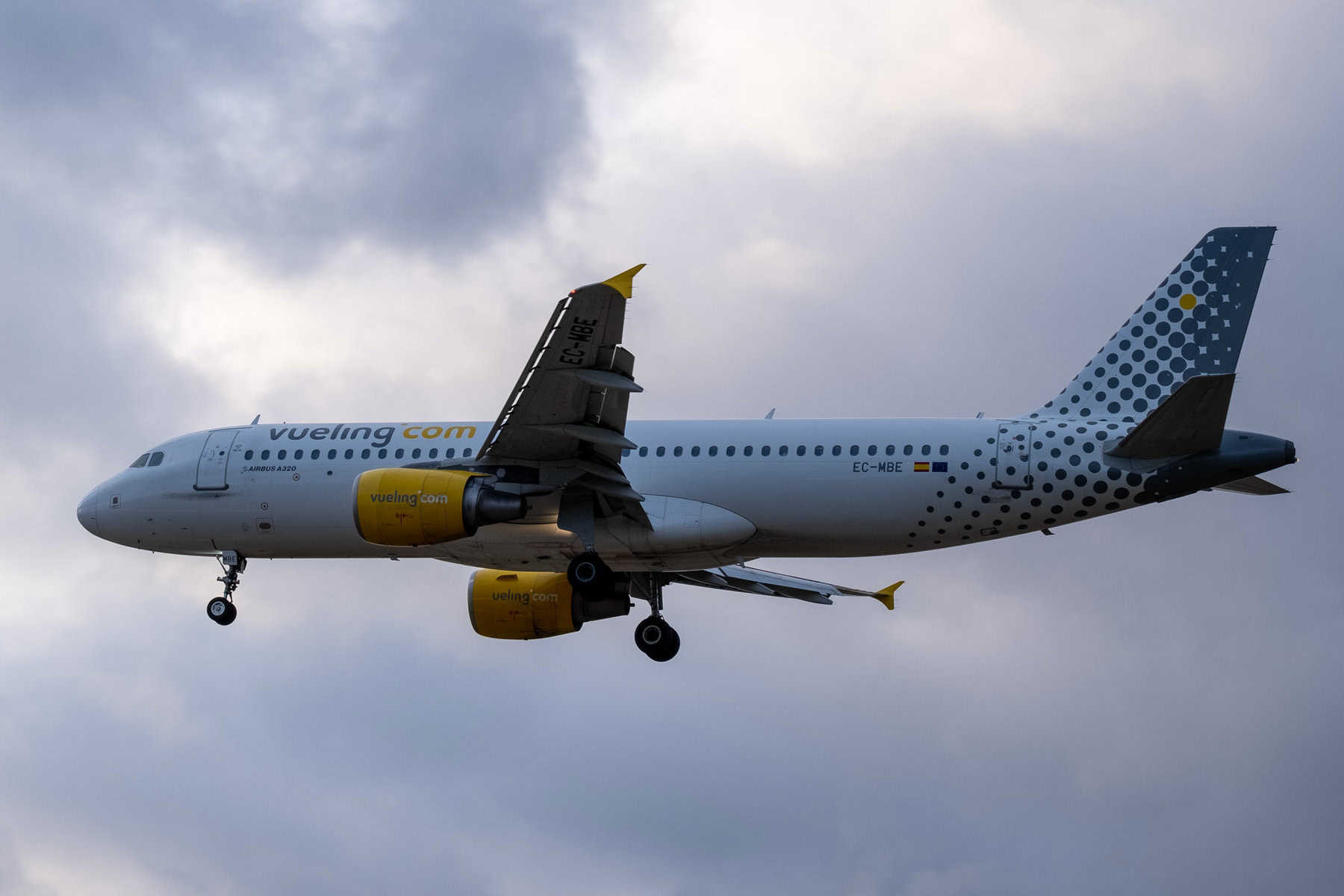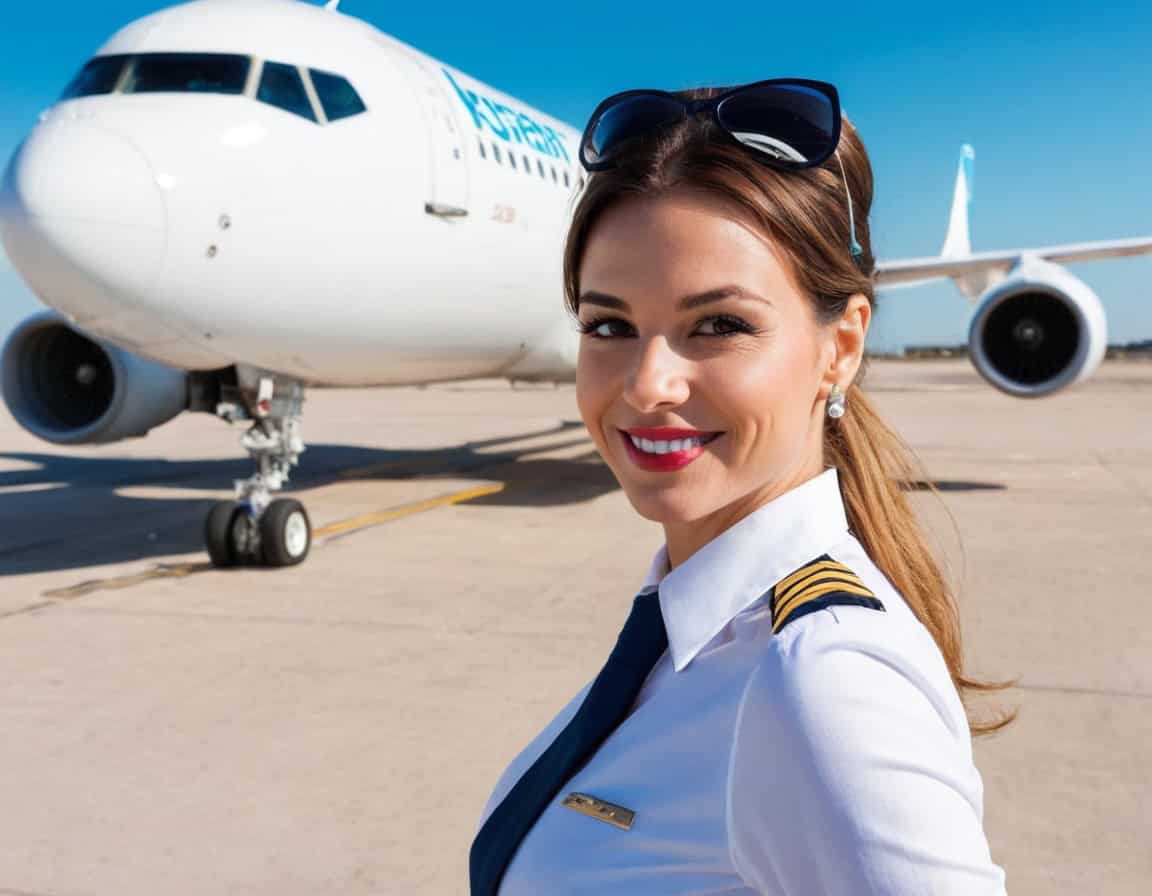All About Aviation Tech Companies: A Guide for Professionals
There is an opinion that working in aviation calls for extensive studies in a flight school, and after a certain age, you can forget about entering the domain professionally. But this is a huge misconception, which we are only too happy to debunk. With the right skills and motivation, you can work in aviation remotely and for an international technology company. There is a large and thrilling market that constantly requires professionals.
If your main specialty is related to tech—you are a software engineer, DevOps engineer, systems architect, designer, product or project manager, quality assurance engineer, data scientist, or data analyst—and you are looking for jobs in aviation technology, this post is for you. Your experience and your interests can be very valuable in the labor market, both in Europe and the USA.
Here we will look at what technology companies exist in the international civil aviation ecosystem and how to successfully land a job at one of them.

Introduction: Tradition and Progress in Aviation Technologies
Two seemingly opposing notions of conservatism and innovation in aviation coexist with remarkable success.
Many automated and digitalized operational activities in airports and airlines follow the same principles as avionics in airplanes: if the systems are vital, it is best to play it safe and adopt new technology with extreme caution.
However, the challenge of implementing modern technology in the aviation sector is compounded by the high cost of such solutions, increased cybersecurity requirements, and the necessity to retrain an immense workforce.
At the same time, much of civil aviation is automated; consider the incident with the CrowdStrike update in July 2024, which stalled flights to the United States and cost airlines millions.
Developing software for aviation companies is a demanding task that relies on a restricted industry and a high entry barrier for new businesses. In other words, aviation technology has a limited number of companies, but the problems they solve are incredibly intriguing and diversified.
Aviation Technology: Which Companies to Follow?
In general, the aviation technology sector in Europe and the United States is clearly divided into huge organizations with a broad portfolio and small enterprises focused on specific solutions.
It is also vital to grasp the company’s profile and what it works with, whether hardware, software, or both.
Furthermore, due to increased process automation and the presence of their own developments, aircraft manufacturers and airlines frequently hire software engineers, system administrators, cybersecurity specialists, data analysts, and quality assurance engineers.
Let us have a look at the major types of aviation technology companies.
Corporations in Aerospace Technologies
Working with large international aerospace technology businesses may demand a high level of engineering education, prior corporate experience, and may even be unavailable to non-citizens of the country in which the company is based. This is typically due to the fact that such businesses work in both civil aviation and the defense industry.
Such organizations employ C/C++, Python, and Java engineers, as well as machine learning (ML) and data science experts.
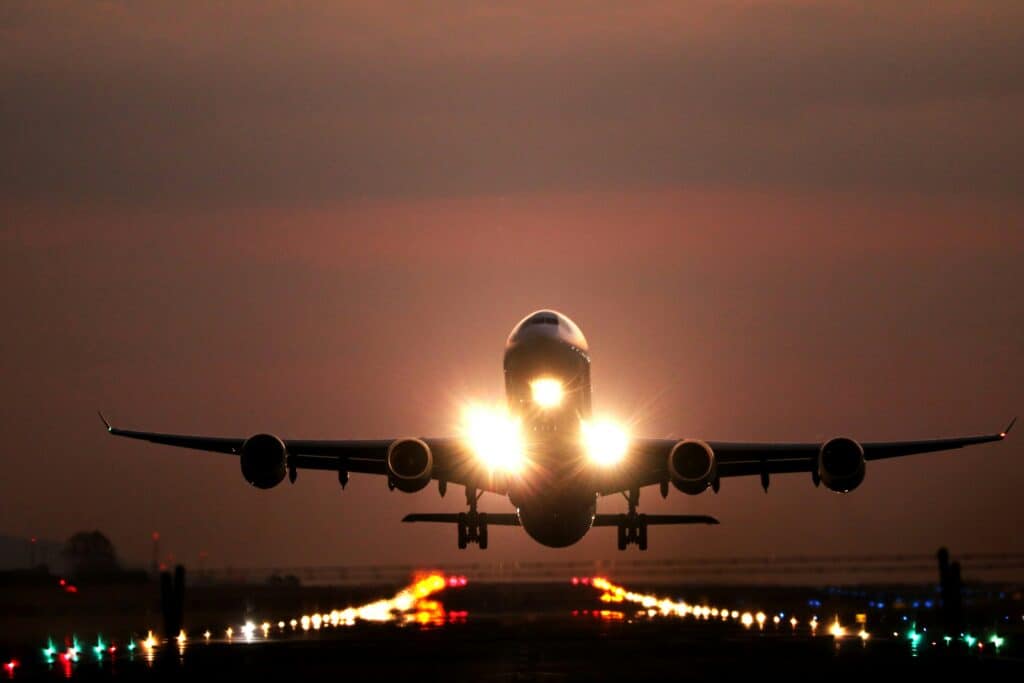
GE Aerospace
GE Aerospace is a global manufacturer of jet engines and aircraft systems and also provides software to international airports and business aviation operators.
GE Aerospace software is used in civil aviation operations for aircraft maintenance, in-flight communication systems, fuel management software, and other applications.
GE Aerospace has multiple facilities and offices in the United States, but its software development division is headquartered in India. The organization also seeks senior and lead software engineers in Germany and the United Kingdom.
Here is GE Aerospace’s career website.
Honeywell Aerospace
Honeywell Aerospace manufactures avionics, engines, and other aircraft components. The company creates flight control technology, navigation technology, and cybersecurity technology for aviation.
Honeywell Forge, one of the company’s solutions, uses various data transfer protocols to ensure that information is exchanged smoothly between crews and ground services both in flight and on the ground.
Honeywell Aerospace is seeking technical talent in India, the United States, Mexico, Ireland, and a number of other countries.
Up-to-date open jobs can be found on Honeywell Aerospace’s career site.
NAVBLUE
NAVBLUE is an Airbus subsidiary that provides software and services for civil aircraft operations. The company specializes in offering solutions to increase the efficiency, safety, and overall performance of airlines, airports, and air traffic management. NAVBLUE supplies a diverse set of digital products and services to assist flights, air traffic control, and airport operations.
NAVBLUE engineers create flight management software that airlines use to schedule flights, analyze effectiveness, and increase operational efficiency.
The Airbus office in Gdansk, Poland, is home to the majority of NAVBLUE’s technology specialist positions. However, there are vacancies in Ontario, Canada.
Check out the NAVBLUE career portal.
Safran
Safran is a French multinational corporation that specializes in aerospace and defense. In 2005, SNECMA, a manufacturer of aeronautical engines, and SAGEM, a technology company, merged to form it. Safran is the world’s leading designer and manufacturer of aircraft engines and other aviation components. However, the firm also has its own software. It focuses mostly on avionics, navigation systems, and internal programs for simulating aircraft component testing and maintenance.
Safran recruits software developers in several countries, including France, Spain, Germany, and the United States.
Here are all the open positions at Safran.
Thales Group
Thales is another French company that operates in the aerospace, defense, and transportation sectors. Thales manufactures civil aviation avionics, radars, satellite communication systems, and in-flight entertainment systems.
Thales, for example, has been selected as an antenna supplier for the German business Lilium Jet’s electric vertical takeoff and landing aircraft (eVTOL).
At the time of writing, Thales Group had 352 available roles in the software category across offices in Belgium, France, Italy, and other countries.
You can find these job postings on the Thales Group career website.
You may keep track of open jobs at similar organizations by signing up for their career portal and setting up notifications for new publications in the domain that interests you.
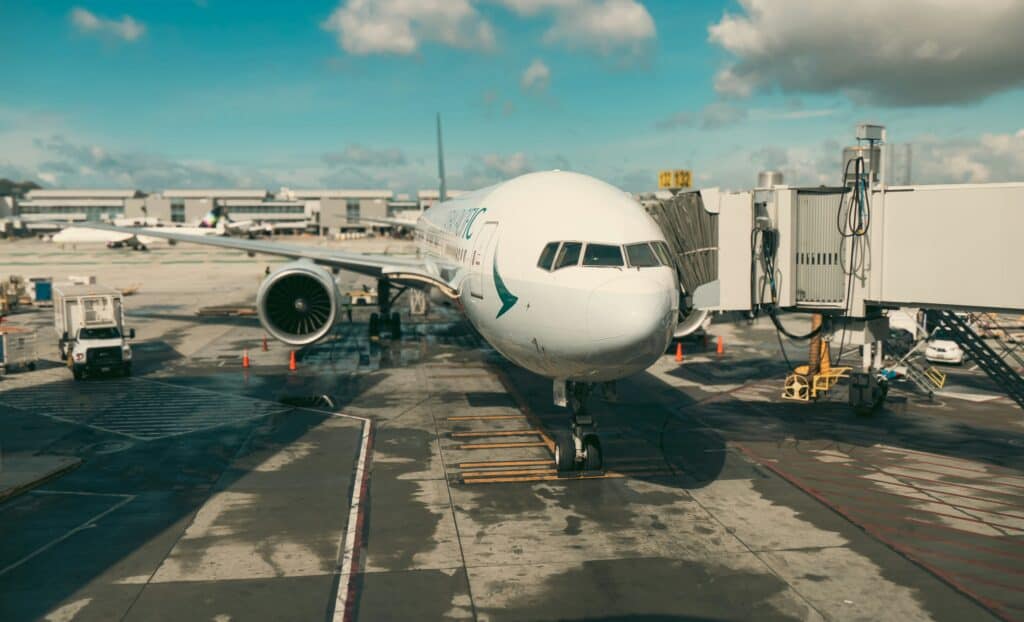
Software providers for airports, airlines and air navigation services
Airport process automation and optimization solutions occupy a significant portion of the aviation technology market. Additionally, the software that airport staff use takes into account not only complex aspects of airports, airlines, and air navigation but also routine tasks like baggage monitoring and calculating the airport’s capacity during check-in and security. In this domain, there is also a distinction between established companies such as SITA, Amadeus, and Indra and smaller businesses that are qualitatively changing the operational operations of airports worldwide for the better. The latter companies can grow rapidly and hire tech specialists with different profiles.
Assaia
Swiss company Assaia uses computer vision and artificial intelligence to help monitor turnarounds. Since each flight has a dedicated airport slot, coordinated with both the airport and air traffic controllers, any unexpected delays can cost airlines thousands of dollars. Assaia helps calculate the predicted departure time in advance and sends alerts on any deviations from the schedule.
ADB Safegate
ADB Safegate, a bigger company among others, entered the market with runway and taxiway lighting systems but quickly expanded into software services. ADB Safegate now creates software for air traffic controllers, including electronic departure and arrival control systems. Previously, air traffic controllers used actual paper strips to queue flights for landing, and this technique serves as the foundation for ADB Safegate’s software, which integrates data from radar and ADS-B sensors in aircraft with electronic takeoff and landing queuing.
BagsID
The Dutch company BagsID specializes in automating baggage accounting using computer vision. Systems like BagsID help record and analyze data on each piece of baggage and avoid undesired situations. For example, that the baggage may have been lost, damaged, or sent on the wrong flight to the other side of the world.
Fl3xx
Fl3xx improves and automates many elements of airline operations, including scheduling and administration. Crew scheduling systems, for example, can be based on a variety of complex business rules, including flight crew type ratings, visa status, and seniority. The Fl3xx program takes into account all of these requirements and enables the most effective computation of crew and employee work schedules as well as the quickest replacement in the event of sickness.
These are just a handful of the organizations that specialize in developing cutting-edge software and web apps to enhance airport and airline operations. If you want to learn more about the subject, please join our YouTube channel; we are certain to talk about such topics.
How do I land a job in aviation technology?
Of course, hiring preparation is vital in this context. Here are a few tips to help you pass interviews and land a job in aviation technology.
- The correct choice of businesses of interest. You may find lists of technical companies that operate with civil aviation technologies (such as this one), but not all of them may be of interest to the applicant. For example, some only hire nationals from specific countries, while others have stringent requirements for business experience and a degree from a top university. All of these qualifications can be found in the appropriate job description. In a nutshell, you shouldn’t expect to gain a job at Airbus or Boeing without some prior preparation. Shortlisting the companies wisely will contribute to your success.
- Fluent English and a second European language will be advantageous. Employers rarely need language certificates, but the ability to pass an interview and work in English on a daily basis is almost a requirement for employment in one of these companies. Never be shy to mention your native language as well, as the teams at such companies are international, and it will be beneficial for recruiters to know if you find mutual grounds with future teammates.
- Work permit in the country where the company is registered. This appears to be an obvious point that flows from the first, but we will address it again just in case. Even remote work will be organized in accordance with the legislation of the country in which the company is headquartered.
- Even for technical specialties, prior aviation experience will be beneficial. If you don’t have a background in aviation but have a strong interest in it, this will help your resume stand out. A basic understanding of aviation terms and vocabulary will help you learn that your intentions are serious during the interview.
On sites like LinkedIn, you can always subscribe to updates from the company you’re interested in, including the latest job openings. The advanced search in the LinkedIn Jobs tab can also help you find companies in your area that work with aviation topics: the best search keywords are “{your job title} aviation.”
We believe in your success! Give it time, patience, and speak boldly about your expertise. Aviation technology is a growing domain, with the most exciting and innovative developments happening. It will secure you a rewarding career in the industry you are most passionate about. Feel free to contact us if you have any questions.
